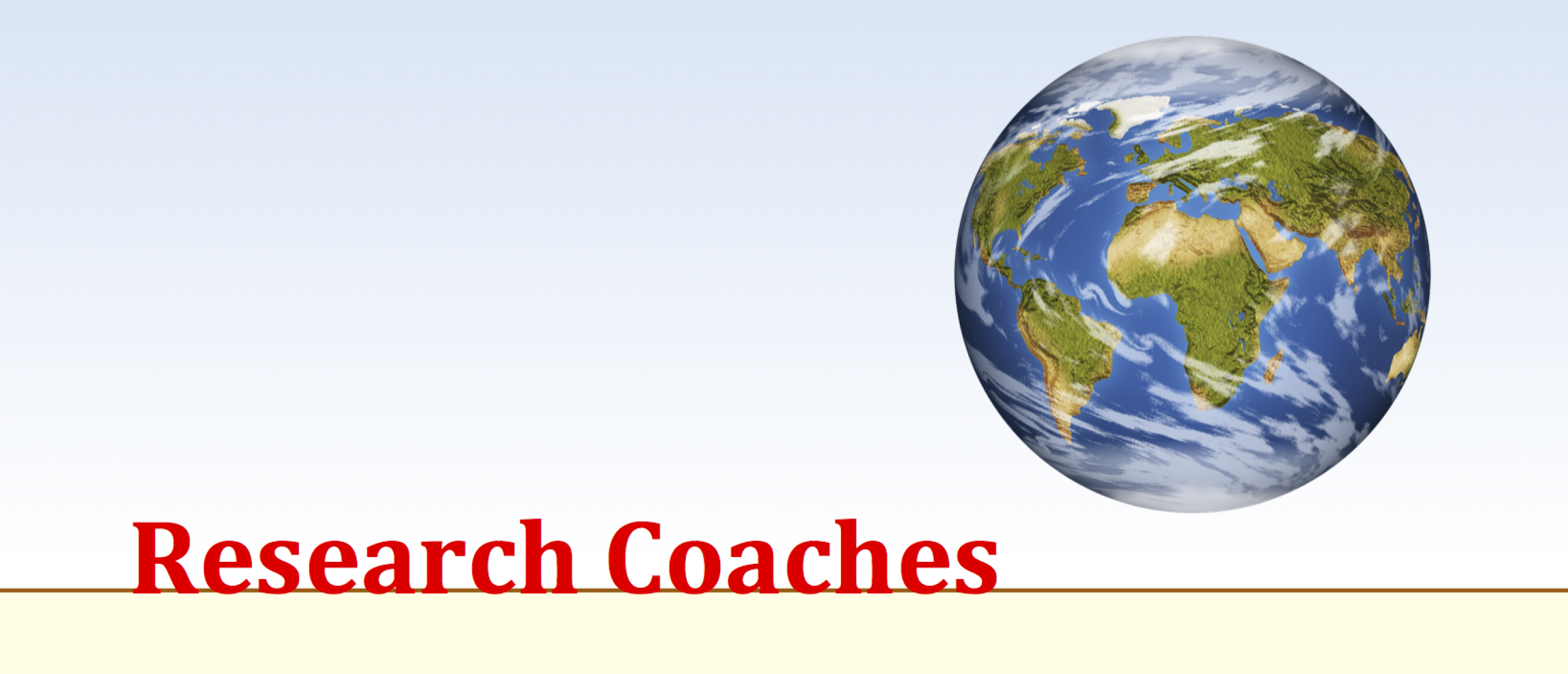
Evidence based practice
Evidence-based practice can be seen as 'practice shows that it works' and therefore the action is applied.
Evidence Based Practice (EBP) can hardly be qualified as scientific. Yet it is used by many academical professionals to declare their actions as scientific.
The origin of evidence based practice
The origin of EBP lies in medicine. Methods and techniques have already been used in ancient times and sometimes people apparently benefited from this.
Many of these methods are still in use today, but there is no modern scientific basis why these techniques work. In fact, everything would have to be re-examined, but that is impossible to do. That is why some actions are still used in the expectation that it will have an effect.
Only if after repeated investigations, it appears that it has no effect, the action can be classified as incorrect. For this reason blood relapses are no longer used in Western countries, but the waving in of crying babies is still in force. Recently, it has been scientifically proven that waving in crying babies has no effect, so this directive can be deleted. However, in some hospitals it is still the directive in force. This makes clear that it is hard to change actions based on Evidence Based Practice.
Much research about the effect of medical procedures should be carried out on the basis of experimental research. This involves research with an experimental and a control group, the so-called Clinical Research Trials (CRT). Because it is too expensive to investigate everything in this way, and taking into account all kinds of disturbing influences that influence the relationships between the variables, this is a heavy job. For the time being, therefore, EBP is adhered to: the action is carried out because of the expectation that it works.


